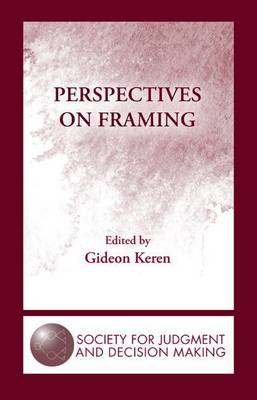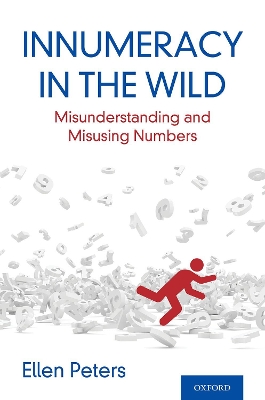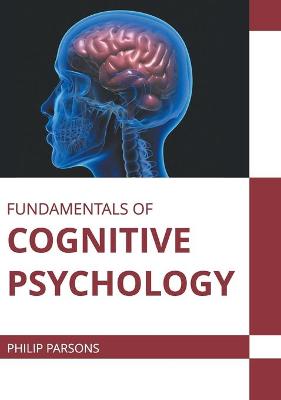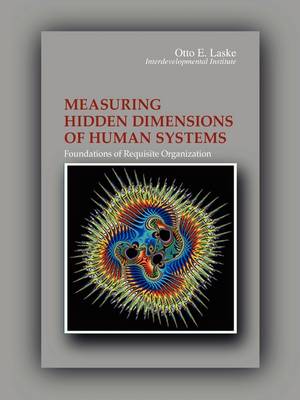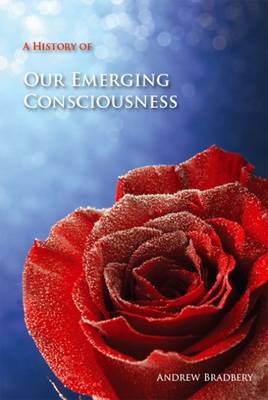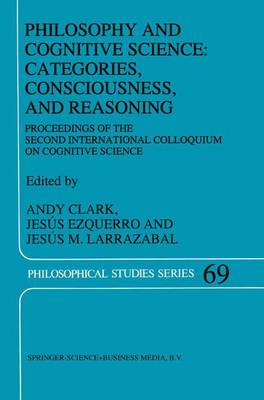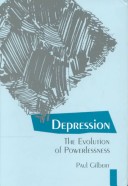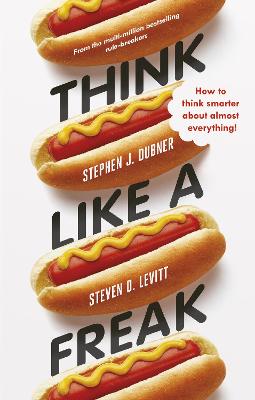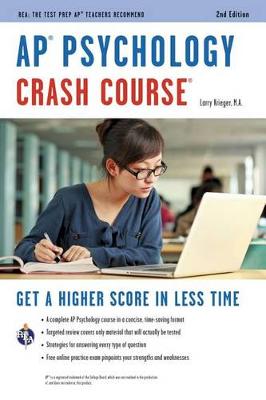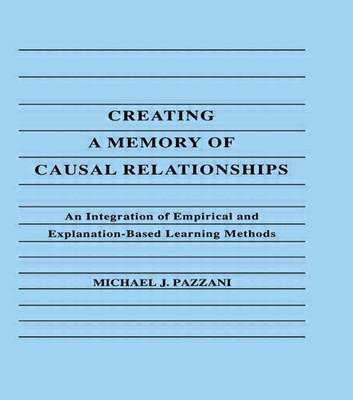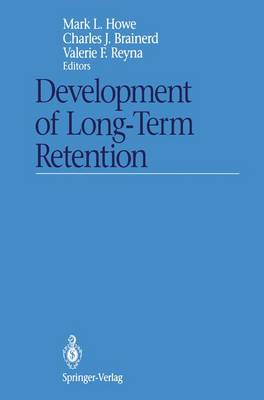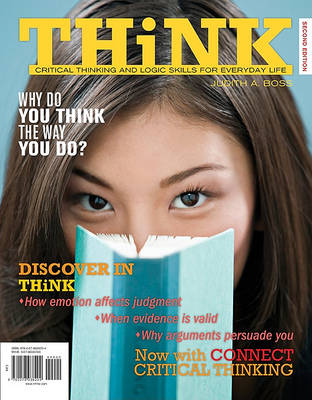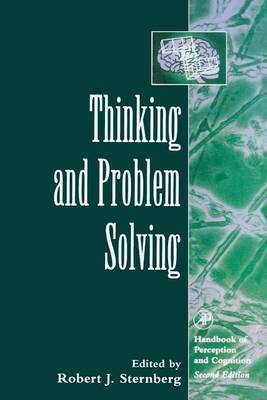Picture your twenty-first birthday. Did you have a party? If so, do you remember who was there? Now step back: how clear are those memories? Should we trust them to be accurate, or is there a chance that you're remembering incorrectly? And where have the many details you can no longer recall gone? Are they hidden somewhere in your brain, or are they lost forever? Such questions have fascinated scientists for hundreds of years, and, as Alison Winter shows in "Memory: Fragments of a Modern History...
Reading Retardation and Multi-Sensory Teaching (Psychology Revivals)
by Charles Hulme
Language comprises a major mark of humans compared with other primates and is the main vehicle for social interaction. A major characteristic of any natural language is that the same communication, idea, or intention can be articulated in different ways-in other words, the same message can be "framed" differently. The same medical treatment can be portrayed in terms chance of chance of success or chance of failure; energy reduction can be expressed in terms of savings per day or savings per year...
Our grasp of numbers and uncertainty is one of humankind's most distinctive and important traits. It is pivotal to our exceptional ability to control the world around us as we make short-term choices and forecast far into the future. But very smart people can struggle with numbers in ways that pose negative consequences for their decision making. Numeric ability equips individuals with vital tools that allow them to take charge of various aspects of their life. The more numerate enjoy superior h...
Intelligence of Apes and Other Rational Beings
by Professor Duane M Rumbaugh and David A Washburn
PHILOSOPHY AND COGNITIVE SCIENCE: CATEGORIES, CONSCIOUSNESS, AND REASONING The individual man, since his separate existence is manifested only by ignorance and error, so far as he is anything apart from his fellows, and from what he and they are to be, is only a negation. Peirce, Some Consequences of Four Incapacities. 1868. For the second time the International Colloquium on Cognitive Science gathered at San Sebastian from May, 7-11, 1991 to discuss the following main topics: Knowledge of Categ...
From the rule-breaking authors of international bestsellers Freakonomics and Superfreakonomics, this is the ultimate guide to how to Think Like a Freak The Freakonomics books have come to stand for something: challenging conventional wisdom; using data rather than emotion to answer questions; and learning to unravel the world's secret codes. Now Levitt and Dubner have gathered up what they have learned and turned it into a readable and practical toolkit for thinking differently - thinking,...
Cosmic Consciousness (Library of the Mystic Arts: A Library of Ancient and Modern, #21)
by Dr Richard Maurice Bucke
Ap(r) Psychology Crash Course, 2nd Ed., Book + Online (Advanced Placement (AP) Crash Course)
by Larry Krieger
Creating a Memory of Causal Relationships: An Integration of Empirical and Explanation-Based Learning Methods
by Michael J. Pazzani
The Structure and Development of Self-Consciousness. Interdisciplinary Perspectives.
The controversy over the reliability of children's eyewitness testimony has helped to stimulate a renewed interest in the study of long-term retention. This study presents new and previously unpublished findings on long-term memory retention, and outlines the most important questions that have recently surfaced in the field. The contributors grapple with a number of key issues in long-term retention, including the extent to which a change in what is remembered is the result of alterations of the...
Die Pilotstudie untersucht die padagogische Qualitat von Interaktionen mit vierjahrigen Kindern an 182 videografierten Beobachtungen in mikroanalytischem Herangehen und unterscheidet sich dadurch von globalen Qualitatseinschatzungen und ublichem Forschungsstandard. Im Mittelpunkt steht die kognitive Entwicklung und deren padagogische Foerderung durch Distanzierungsstrategien. Die Konzeption geht mit I.E. Sigel davon aus, dass sich vieles zur Ontogenese des reprasentierenden Denkens ergrunden las...
THE SEQUEL TO THE MULTI-MILLION BESTSELLER DRAWING ON THE RIGHT SIDE OF THE BRAIN From the author of the world's most popular drawing instruction manual Drawing on the Right Side of the Brain, this new book helps you discover a new way of drawing and problem solving. Betty Edwards reveals the role our dominant eye plays in how we perceive, create, and are seen by those around us. Research shows that much like being right-handed or left-handed, each of us has a dominant eye, corresponding to th...
All critical thinking texts aim to make their students critical thinkers for life, but unlike other texts, THiNK was written from the framework of understanding that students approach their worlds from a place of opinions and feelings. Judith Boss begins by proposing three stages of critical thinking development: Dualism thinking things are either right or wrong; Relativism accepting that not everything is right/wrong, and subsequently thinking all opinions are equally valid, and finally, Commit...

